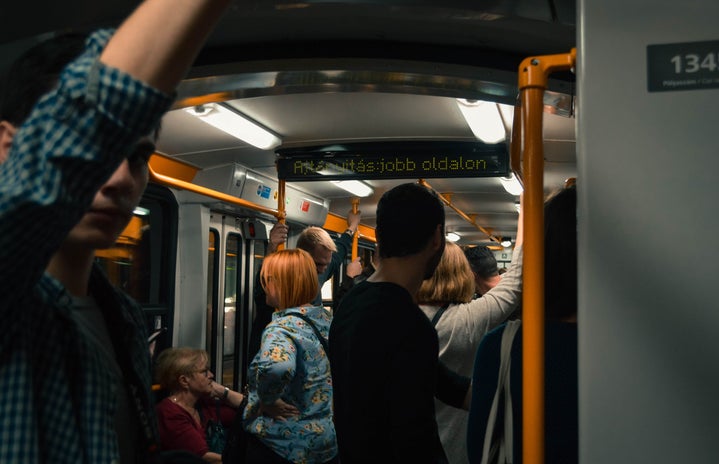In his speech at the Conservative Party Conference last week, Rishi Sunak confirmed the longstanding rumour that the northern leg of the HS2 train service has been cancelled. This decision has come under heavy criticism from the Labour party, Northern leaders, members of the public and even Conservative politicians themselves.
But what exactly does the HS2 news mean for the North? Why has the cancellation of one train line caused such harsh political reactions?
Historically, much of the UK’s wealth has been concentrated in London and the Southeast. Research has shown how extensive this North-South divide in wealth still is, with the Institute for Public Policy Research finding that the UK is one of the most regionally divided of all advanced economies globally. Life expectancy, health, job opportunities and disposable income are all significantly worse in the North of England compared to the South. A report on deprivation commissioned by the government in 2019 also found that of the 10 most deprived areas in England, 9 were in the North.
Beginning in 2010, the Conservative Party began addressing the issue of the North-South divide. First referred to in 2010 by David Cameron’s government as the ‘Northern Powerhouse’, and later renamed as ‘Levelling Up’ by Boris Johnson, successive Conservative governments have pledged many projects aimed at raising the economic importance of the North. Under these various names, promises of investment into the North’s economy and infrastructure have been part of the Conservative Party’s manifesto for over a decade, all aiming to reduce regional inequality.
One of the main components of Conservative Party policy to ‘Level Up’ the North was better public transport. Part of this promise was the creation of a new, high speed railway line which would connect London to the North. This would have created more jobs, creating a more balanced economy and allowing Northerners easy access to the capital.
Yet despite years of work, billions in investment and the London to Birmingham line actually being constructed, the HS2 link to connect the Midlands (and London) to Manchester has now been scrapped. This means that while the South East have now benefitted from a new high speed rail link to London and Birmingham, the North will see no better transport link to either Birmingham or the capital.
The response to this announcement, at least from the North, has been one of outrage and a strong sense of betrayal. Anyone who has used northern transport in recent years is well aware of how unreliable and frustrating the infrastructure is. In my own personal experience, using a bus service in my northern town was near impossible. With most of the buses in a state of disrepair, having failed their MOTs, cancellations or breakdowns on bus services were commonplace, and many people missed days of their education due to bus services simply not working.
Train links between key Northern cities are also appalling, with outdated Victorian-era infrastructure and a lack of proper investment meaning cancellations are not just regular but expected. This has had a large affect on northern businesses, with people being unable to get to work on time. The lack of reliable infrastructure in the North also puts off any potential international investment in the Northern economy, and will have a significant cost for economic growth in the North.
HS2 was supposed to ease all of these inequalities, finally bringing Northern transport to the standards which it should be at. It’s cancellation reflects another empty and now broken Conservative promise to improve the lives of Britons.
In my own town, Warrington, a coalition of businesses concluded that at least £2 billion annually of economic growth which could have occurred had HS2 been built has now been missed out on, and 27,000 jobs which would have been created now won’t.
Sunak did, at his conference, pledge to reinvest £36 billion of funding into other transport projects in the North, renaming this ‘Network North’. However, in Sunak’s policy proposals, he failed to mention that HS2 was the basis for all other improvement to northern transport.
Not only was the HS2 line supposed to make it easier for people to get to London, it would also have created more space for trains running on other lines, meaning that local train services in the North would be faster and more frequent. Without HS2, it is hard to see how this Network North will actually work.
Much of Sunak’s new ‘Network North’ policy promises also includes upgrading motorways and road surfaces. However, in an age where more people than ever should be encouraged to use public transport as a greener alternative to travel, the government must do more to create public transport links which are actually usable. The focus on road surfaces is completely misguided. In order to create a greener, more sustainable economic future for the North, the government must prioritise investment in reliable public transport.
The HS2 cancellation only reflects the depressing truth that, despite the plethora of names and gimmicks, the Conservative government are not serious about closing the North-South divide. Instead, regional inequality in the efficiency of public transport, as well as economic inequality overall, will be allowed to continue under Sunak’s government.


